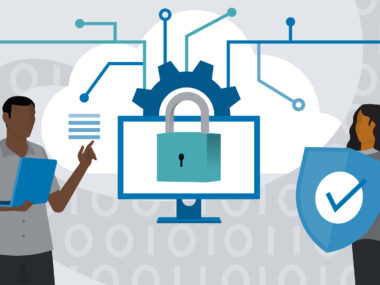Ignoring the importance of a backdoor password is no longer an option. Hackers have made the online landscape so tricky that everyone on the web is now at the risk of losing sensitive information. That, however, doesn’t take away all the hope. Cybersecurity experts work just as hard as hackers. So, whether you’re an employer, an employee, or a random individual sitting at home minding your own business, you need to game up. If you are following poor password protection techniques or using none, believe us when we say this, hackers will find you sooner or later.
Wondering how? Then, here are the details.
- It’s likely that people with zero or very few security layers like a firewall and antivirus will end up clicking on a malicious link since they won’t get any warning.
- Using a default password and putting yourself out in the web will make you an easy prey – and since hackers know that people still do it, they are always trying to find the scent of soft targets.
And, as if this wasn’t enough, every single device in your house – smart appliances and your IP security cameras – are computers running on a software. And every software has bugs. Which means, the more smart devices you have at home or office, the more likely are the chances that a weak link will compromise your entire security.
That said, the one thing that can actually protect you from most of these problems and make things safer is a strong password. That’s what we are going to help you with in this guide. So, have a look!
Password Protection for Individual Users at Home
Here’s what you need to realize before you can take an action – you cannot hold a software company responsible for any kind of hacking damage if you weren’t practicing proper cybersecurity techniques. The mistakes that we’re talking about are as follows.
- You hadn’t changed the default password.
- You never gave a heed to the updates that the software company was releasing.
Remember, your security is your own responsibility and here’s how you can protect yourself.
- When you change the default password, don’t use a small and simple password.
- The password you make should have at least 8-12 characters. Throw some uppercase and lowercase letters, some numbers and symbols to make the password stronger.
- Never make the mistake of using the same password for all accounts or reusing an old password.
And as far as an organization is concerned, there are a few extra techniques that you require in addition to the ones listed above.
- Use multi-factor authentication.
- Use network segmentation.
- Make sure that remote working employees use the VPN network.
To sum up, being aware is the first thing that’ll protect you from hackers.





